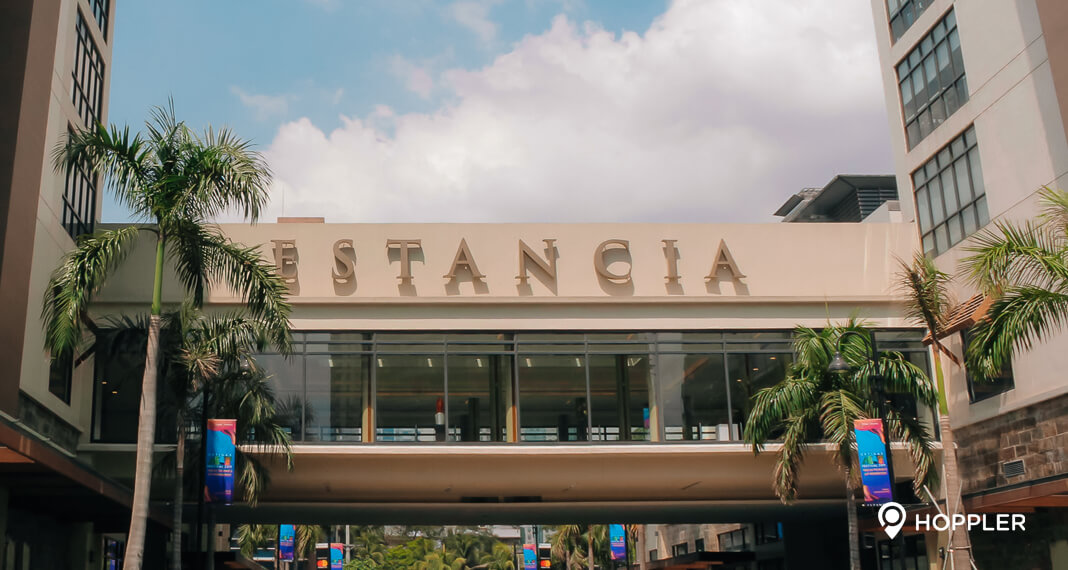Bringing a Global Real Estate Brand to the Philippines
There are certain things in this world that are undeniably American: the New York skyline, Mount Rushmore National Memorial, the Washington Monument, and Hollywood movies. You can add to that list the trademark red, white, and blue hot air balloon logo of American real estate company RE/MAX.
With more than 120,000 real estate brokers and agents in its network of 7,343 offices in more than 100 countries and territories across the world, the U.S.-based real estate company is undoubtedly one of the world’s largest—if not the largest—real estate brokerages. So effective is its franchising business model that according to a survey of major players in the United States, RE/MAX agents close the most number of transactions per year, which is 17.2 per agent in 2016—that’s more than one property sold per agent each month.
In the Philippines, the numbers are not too distant: in 2017, each agent of the company closed on average 15 transactions, which is equivalent to a sales volume of Php243 million and commissions of Php3.7 million.
“Our biggest goal has always been to find the best people, because we believe that good people make good real estate brokers,” said RE/MAX country manager Kenneth Stern. “The company has been here for about 5 years now, and our main objective and the foundation of the company is really to professionalize the real estate industry.”
And with an impressive performance under its belt, it will not be surprising if RE/MAX Philippines captures a huge chunk of the Philippine market and be way ahead of the competition.
According to Stern, the U.S.-based real estate brokerage currently has 25 offices in the country, which collectively employ some 200 brokers, agents, and support staff. The bulk of these local franchises are in Metro Manila, but the company recently signed deals with brokerages to cover Siargao, Clark in Pampanga, Rizal Province, and Palawan—a sign that the buoyant property market has definitely spilled outside the country’s traditional real estate hotspots. A number of new offices are also expected to open this year, including ones in Baguio, La Union, Cebu, and Davao.
The RE/MAX Business Model
Founded in 1973 in Denver, Colorado, by Dave and Gail Liniger, RE/MAX pioneered the maximum commission concept. In 1975, Dennis Curtin purchased the first RE/MAX franchise in Kansas City, Missouri, the first outside of Colorado, while the first office outside the United States was opened in Calgary, Canada, in 1977. In 2012, the global real estate brand was brought to the Philippines by Elizabeth Dueñas, a Guam-based real estate broker and since then started offering franchises to local brokerages and professionals.
And for the uninitiated, here’s how the company’s franchise works: An independent broker, an existing real estate brokerage, or an entrepreneur or property specialist from a developer may opt to purchase a franchise for which they will receive marketing support and other services, ranging from website access and tech support and access to listings database and CRM, to trainings, discounts to partner vendors, blanket accreditation with developers, and access to international RE/MAX conventions, among others. In addition, they will also gain access to a network of other franchise offices and agents with whom they can co-broker with and share listings.
After setting up, the franchise can then recruit its own real estate agents. The company’s business model offers a maximum commission concept that allows top producers to earn more of their commission back in exchange for their share of the office expenses. This allows for unlimited earning potential for the agent and a predictable income model for the franchise owner.
This makes the commission that RE/MAX offers essentially higher than that of traditional brokerages. Its agents are those who are looking to earn more commission, without sacrificing support. Each agent is earning more, closing more frequently, and still getting the support of the strongest local real estate network. The average RE/MAX agent is averaging more than 15 transactions in a year, making them the most productive brokers in the market, nearly double of the company’s closest global competitor.
However, Stern stresses that their franchising model is more than just selling real estate. “For the first time in the Philippines, a real estate broker or agent looking for a better opportunity can start their own business using the credibility of a big name in real estate. We specialize in helping entrepreneurs get their business started or help business owners scale up their existing real estate business.”
Stern added that their business model works because it is not just about selling more real estate. “It is about helping agents make more money in less time and giving them the flexibility to control their own schedules. Our system is about finding top producers who want to professionalize the real estate industry and be in control of their own legacy in the industry.”
On Technology and Real Estate
According to Stern, technology is a growing part in the real estate process. “The first thing that people do when they want to buy or sell a home is go to the Internet. So it’s fitting that we partner with a lot of companies to help build our brand on the Internet.” One of these companies that RE/MAX has partnered with is Hoppler. In fact, many of their agents and owner-brokers are using the platform to further their online reach.
But despite these changes, Stern believes that the core of the real estate business is that people and homebuyers still want to transact with actual and professional brokers. “That’s the thing that will never change. I don’t think a computer will take over a real estate broker. I think people will always want to see a home in person.”
He adds that tech advancements are great, such as the now-ubiquitous virtual tours, but at the end of the day, people would still want to walk through the home before they buy it. “That’s where the real estate brokers come in.”
Filipino Brokers on a Par with Their Foreign Counterparts
RE/MAX’s agents in the Philippines come from all aspects of the real estate industry: some have worked as salespeople for developers before, there are some who are freelance brokers, and a good number still are entrepreneurs. However, he also mentioned that the most exciting trend he’s been seeing is the increasing number of millennial real estate brokers opening their own RE/MAX office. “We find that a lot of young people and recent graduates [who] want to go straight to running their own business.”
As testament to Filipino brokers’ high level of professionalism, RE/MAX Philippines has four brokers in the top 100 RE/MAX brokers in the entire world in 2017. “One of them in fact is number two in the world,” shared Stern.
“When people watch TV and see the news, they’d think that they should be in New York, London, or Sydney to be a million-dollar-listing broker. But we’re proving that now, you can be in the Philippines and be one of them.”
It also helps that the Philippines is a hot [real estate] market right now, said Stern. There are places where properties sell really high and there are buyers willing to fork over substantial amounts to purchase these properties. Then there are places that can be considered buyers’ markets where prices are still affordable, making them attractive to homebuyers and investors. These provide plenty of opportunities to their agents.
Asked what Filipino real estate professionals can learn from their U.S. counterparts, Stern said that it’s a goal-oriented mindset. “We’re out looking for brokers and agents who like challenges. If you’re happy passing out flyers in a mall or being in a salary, it probably is not the business for you. What we’re looking for are the best salespeople in the market who want the most commission.”
He adds: “You build a team and you grow your own a team, and the more sales you and your team make, the higher your income. As real estate entrepreneur, you are in control of your own destiny. There’s no ceiling to your career path.”



